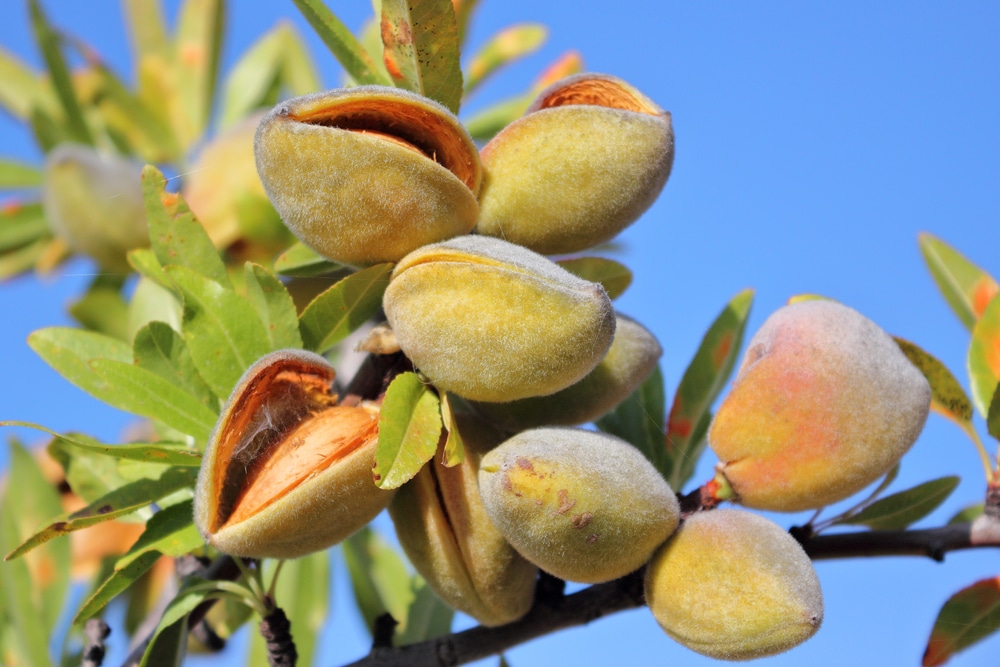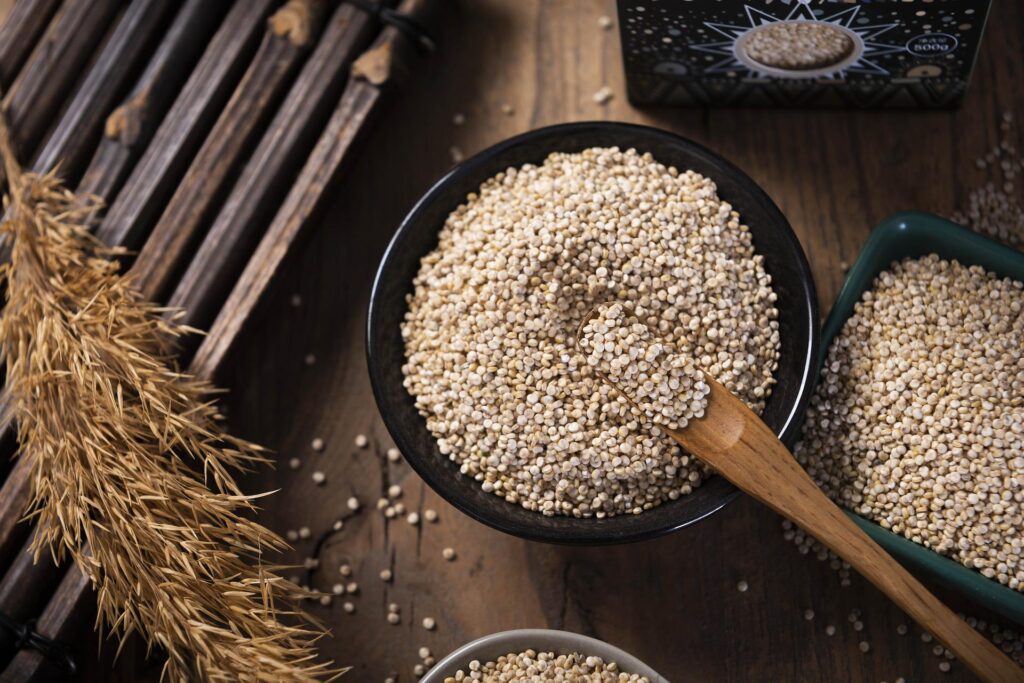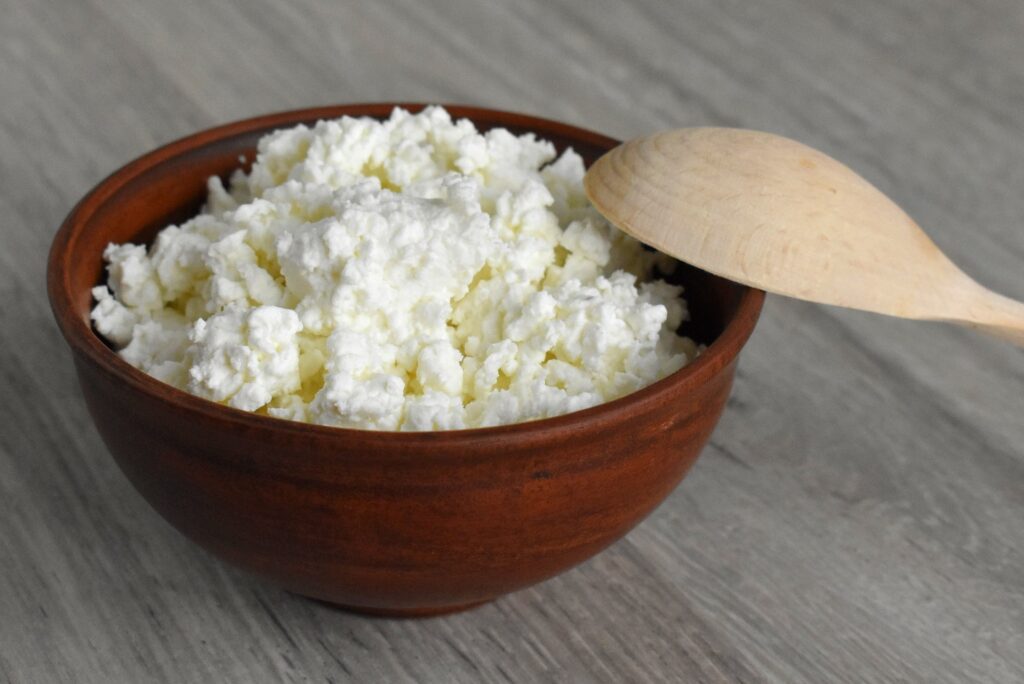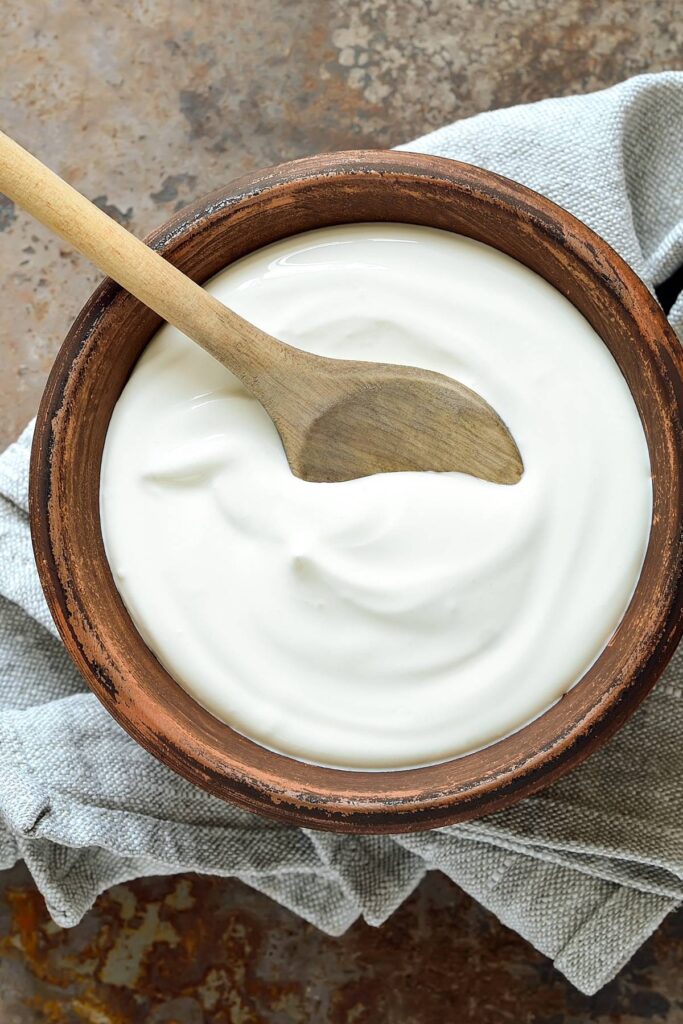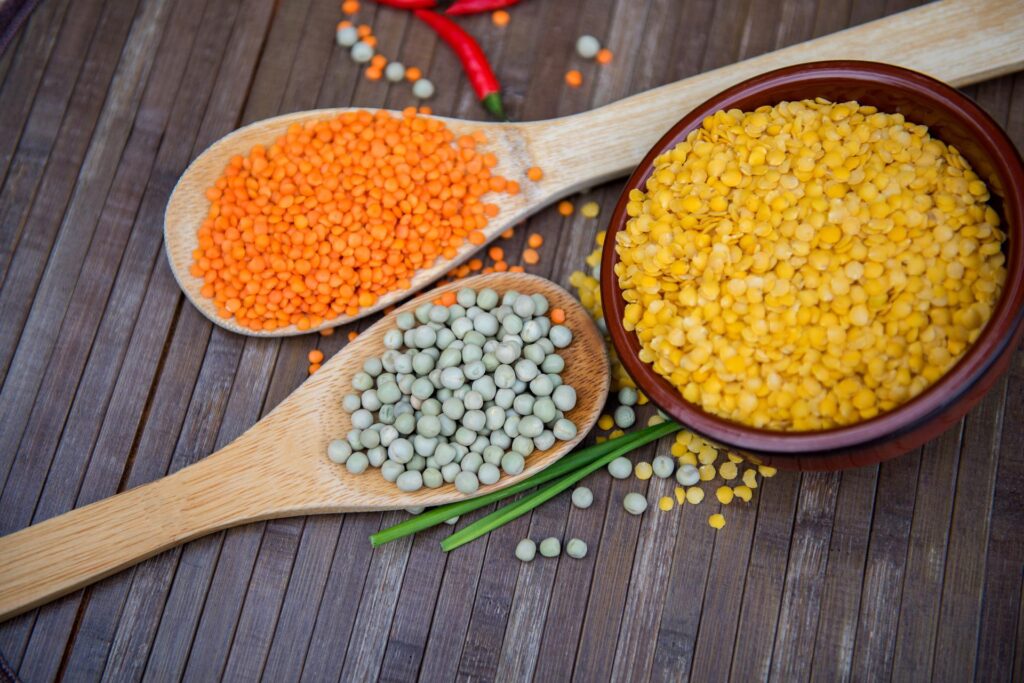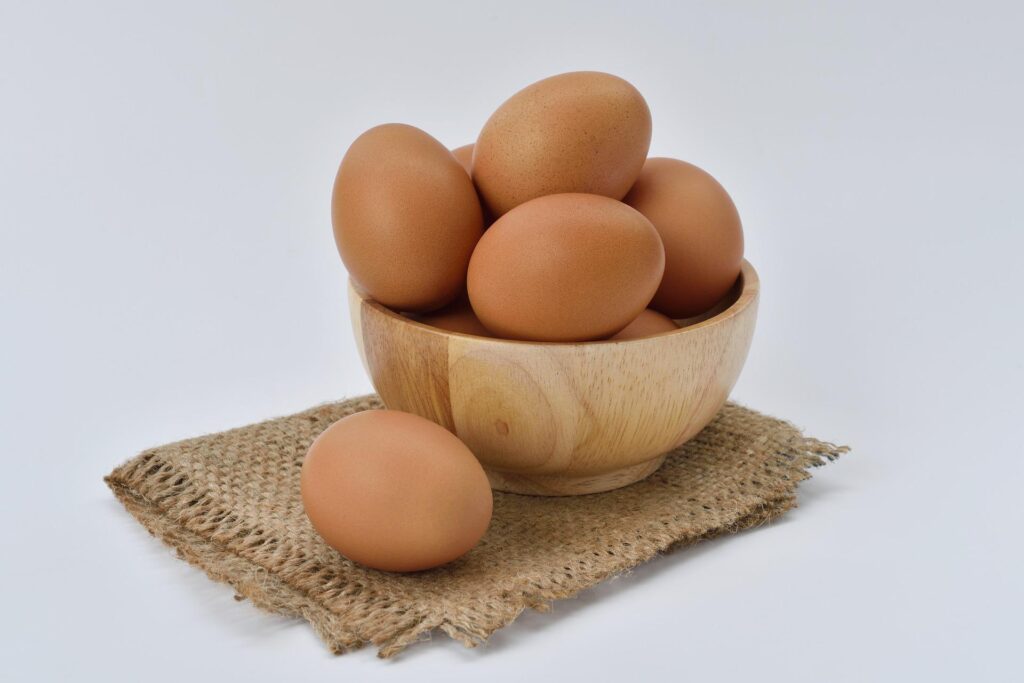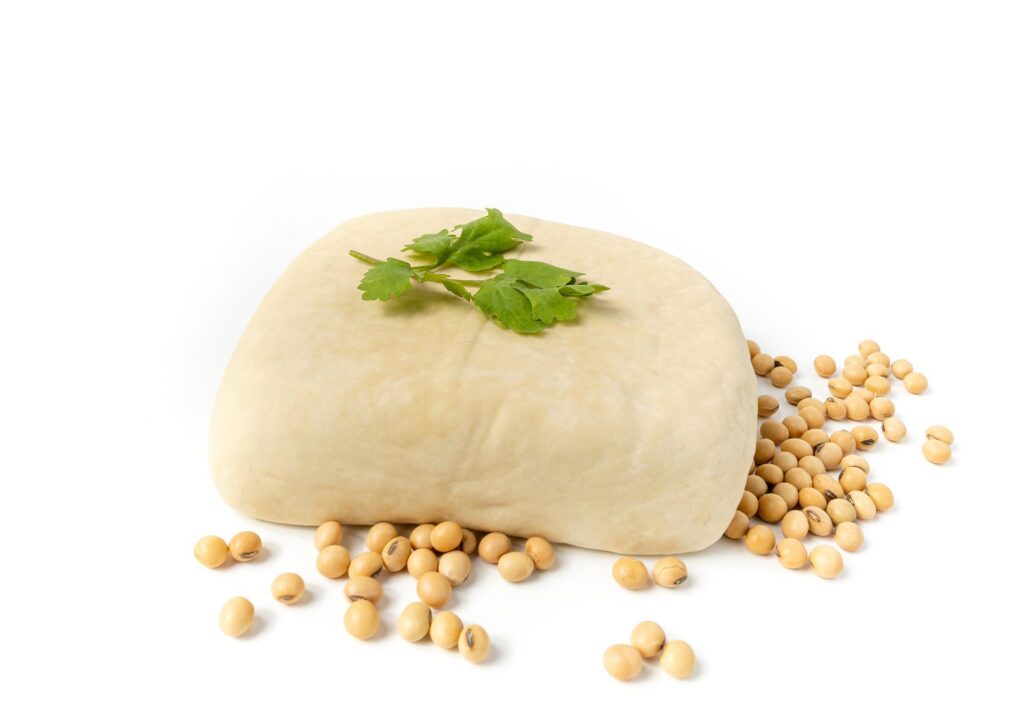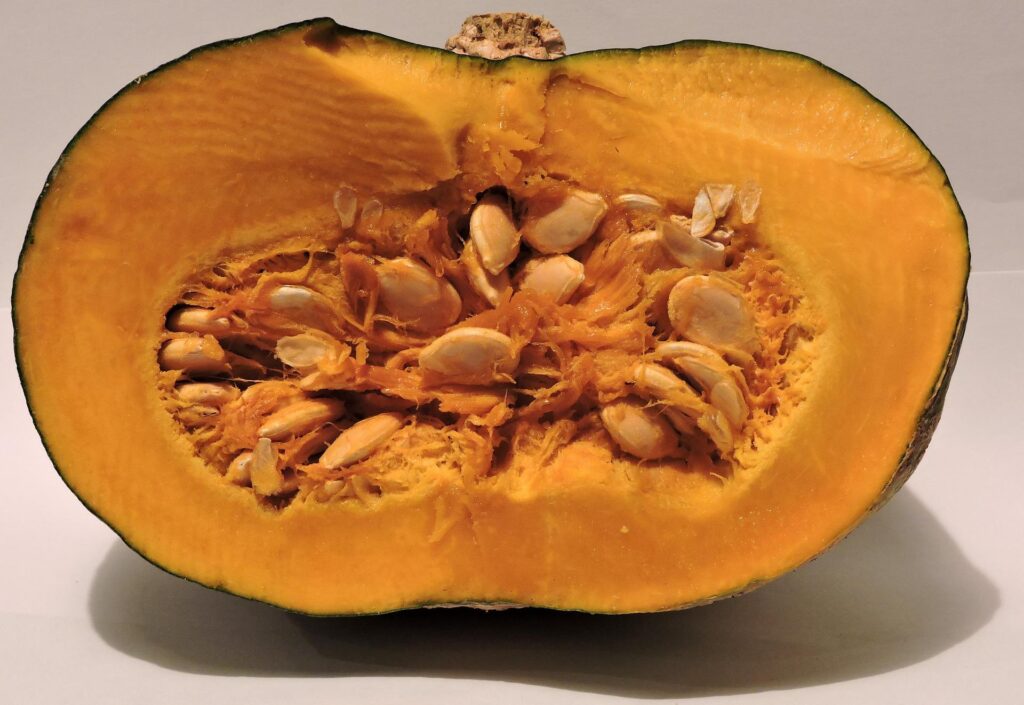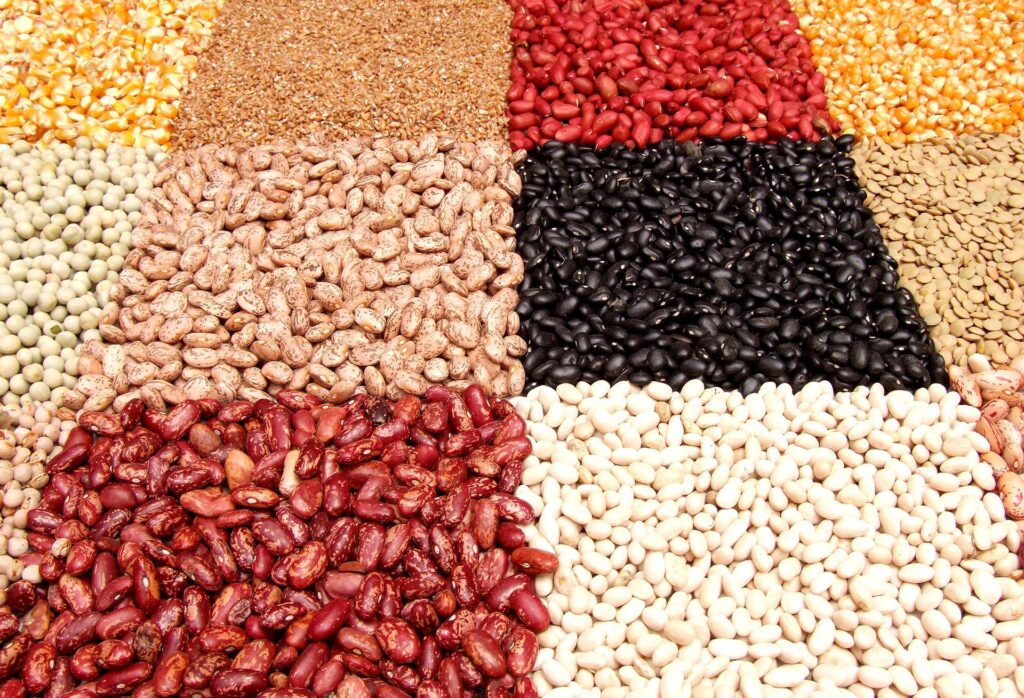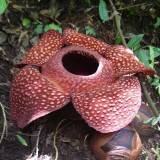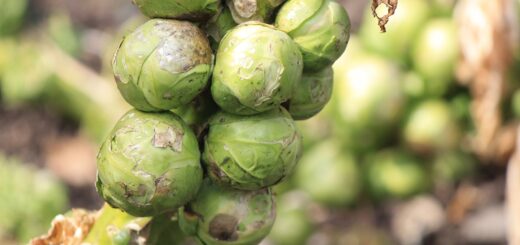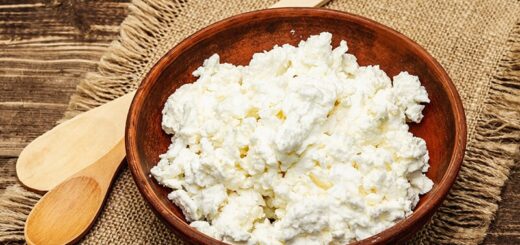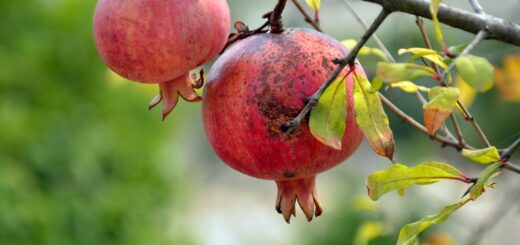Top 10 High Protein Foods
Protein is a macronutrient that is very important for building your muscles and bones as well as maintaining and repairing your body tissues.
The amount of protein you require on a daily basis depends on a number of factors, which include your body weight, health status, age and gender. Normally, most healthy adults require 0.8 grams of protein per kilogram of weight. This means that an adult with average weight require about 55 to 70 grams of protein per day to stay fit and healthy. Here we have listed top 10 vegetarian foods which you can eat to increase your protein Intake.
10. Almonds
Almonds are an excellent source of protein. Just one almond contains about 0.25 grams of protein. If you consume one ounce which is equivalent to about 23 almonds then your body will get about a little less than 6 grams of protein.
Eating almonds instead of other unhealthy snacks can help you meet your protein needs.
In addition to protein, Almonds are also a good source of calcium, iron, magnesium, phosphorous, potassium and vitamin E.
9. Quinoa
Quinoa is a naturally gluten-free grain which is high in fiber, and provides about 8 grams of whole protein per cup cooked. It is unique among plant proteins because it contains all nine essential amino acids, which makes it a whole protein.
Other than protein, Quinoa is also rich in magnesium, phosphorus, manganese, zinc, iron, thiamine and folate.
8. Cottage Cheese
Cottage cheese is not only high in protein but also essential nutrients, such as B vitamins, calcium, phosphorus, and selenium. Just 100 grams serving of cottage cheese provides you about 11 grams of high-quality protein.
Cottage cheese is a soft, white cheese made from the curds of various levels of cow’s milk. It is low in calories, low in fat, and low in carbohydrates.
7. Strained yogurt
Strained yogurt also called Greek yogurt is a thick type of yogurt which contains more protein compared to unstrained yogurt. It includes additional steps, where fermented milk is strained after coagulation to remove liquid whey and lactose, resulting in thicker, richer, creamier yogurt with high protein content. Just 100 grams serving of strained yogurt provides you about 10 grams of protein.
Strained yogurt is also a good source of many other essential nutrients like calcium, magnesium, potassium, vitamin B12, vitamin A, selenium, and zinc.
6. Lentils
Lentils are good source of protein. They come in several varieties, the most common types are brown, green, and red.
A ½ cup or 125ml serving of cooked lentils provides about 12 grams of protein. Lentils are also a great source of fiber, providing over half of your recommended daily fiber intake in a single cup. In addition, lentils are rich in folate, manganese, and iron.
5. Eggs
Eggs are a great source of high-quality protein. Just one medium sized egg contains about 6 to 7 grams of protein and the egg white is the most protein-rich part. Egg white contains about 3.6 grams of protein, which is over half of the egg’s total protein content.
But the egg yolk still provides a good amount of protein at 2.7 grams and contains almost all the essential nutrients such as vitamin D, omega-3 fatty acids, B complex vitamins and Choline. Eggs are also a good source of all essential nine amino acids which our bodies cannot produce them on their own, they must come from food. By including eggs to your diet, you can fulfil your body daily requirement of protein and make your body and muscles stronger than before.
4. Firm Tofu
Firm tofu is an excellent source of complete protein, which means it contains all the essential nine amino acids that your body needs. It is made by coagulating soy milk and pressing the curds into solid white blocks in a process similar to cheese making. As a perfect source of vegetarian protein, one 3.5-ounce or 100-gram serving of firm tofu contains 17 grams of protein.
Additionally, tofu is a great source of vegan calcium. Soy-based foods are full of calcium and will help keep bones strong. Tofu also contains fiber and omega-3 fatty acids, both of which contribute to feelings of fullness.
3. Seitan
Seitan also called wheat meat is made from one of the main proteins in wheat, gluten. It is one of the plant-based meat alternatives that comes closest in texture and taste to chicken. Seitan is high in protein and fairly low in calories, fat, and carbohydrates.
A 100g serving of seitan has about 25 grams of protein. In addition to protein, seitan contains the nutrients selenium, iron, phosphorus, and calcium.
2. Pumpkin Seeds
Pumpkin is an incredibly nutritious vegetable. Its seeds are rich source of protein, which as per USDA – United States Department of Agriculture contains about 29.8 grams of protein per 100-gram serving of unsalted pumpkin seeds.
These seeds are also a good source of healthful oils, magnesium, and other nutrients that enhance the health of the heart, bones, and other functions.
1. Beans
Kidney, Soy, Garbanzo, Pinto beans and black, white beans and most other varieties of beans contain high amounts of protein per serving.
As per USDA – United States Department of Agriculture, Soybeans contain 36.5-grams protein, kidney beans contain 8.67-grams protein and chickpeas, also known as garbanzo beans contain about 8.86 grams of protein per 100 grams of serving. Most other types of beans contain protein between 7gram to 15 grams per 100 grams cooked serving.
In addition to protein these beans are also excellent sources of complex carbs, fiber, folate, iron, potassium and magnesium while containing little or no total fat, trans-fat, sodium and cholesterol.
